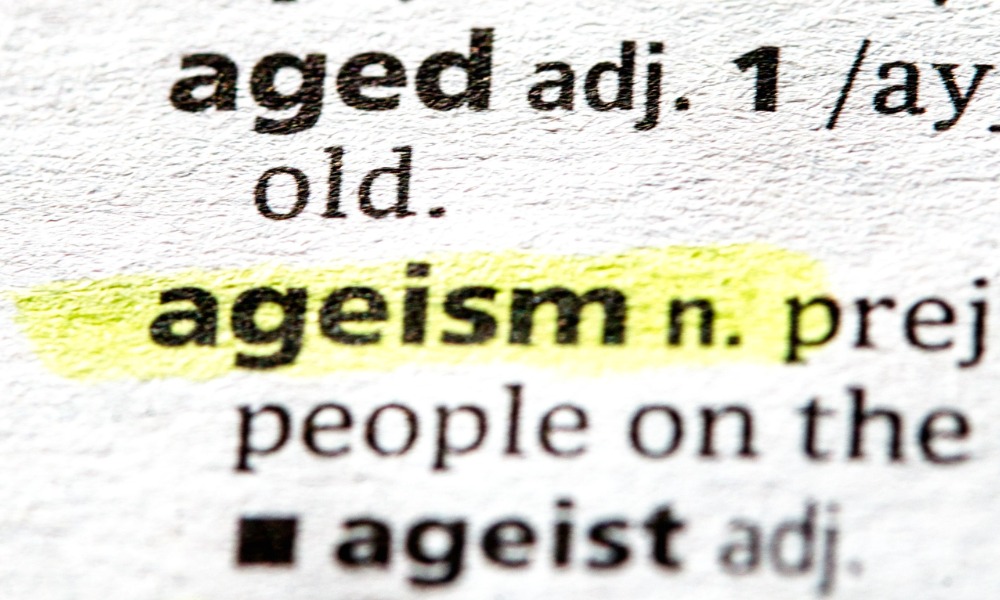
1 in 3 workers over 50 report ageism looking for work

A career coach is advising employers to carry out some "soul searching" to avoid discriminating job seekers based on age, following a new survey that found older candidates have experienced this while job searching.
"Employers must do some soul searching to ensure each candidate is evaluated based on having the skills to do the job and that their work environment is inclusive across all generations," said Lori Colee, iHire certified career coach, in a media release.
The advice came as iHire's latest survey among over a thousand jobseekers found that 33.6% of the respondents over 50 years old believe they have experienced ageism while looking for a new employer.
Among these respondents, they experienced ageism when:
The findings mirror research across the world indicating that ageism remains prevalent across workplaces.
In New Zealand, 71% of 500 individuals over the age of 50 believe that ageism is prevalent across workplaces, with 30% thinking that it has grown in the past five years.
In Australia, 17% of HR professionals admitted they "actively exclude" people aged 65 and over from getting employed for roles.
But age discrimination does not stop at job search, as 23.1% of iHire's respondents said they experienced ageism on the job. These experiences include:
Older job candidates have long been recognised as a talent pool with great hiring potential amid a tight labour market. But with the Great Resignation waning, Cole said older workers are finding it "more difficult to gain traction."
"To combat ageism and get more interviews, job seekers can try tactics such as removing dates from their resumes and utilizing a hybrid format highlighting their most recent and relevant experience," Cole said.
According to the respondents, employers could prevent ageism in the workplace or during the hiring process by: